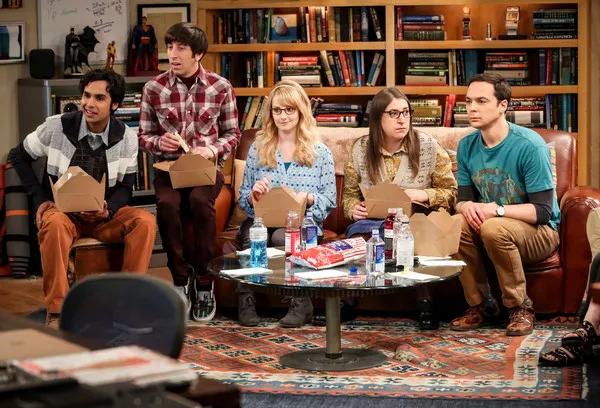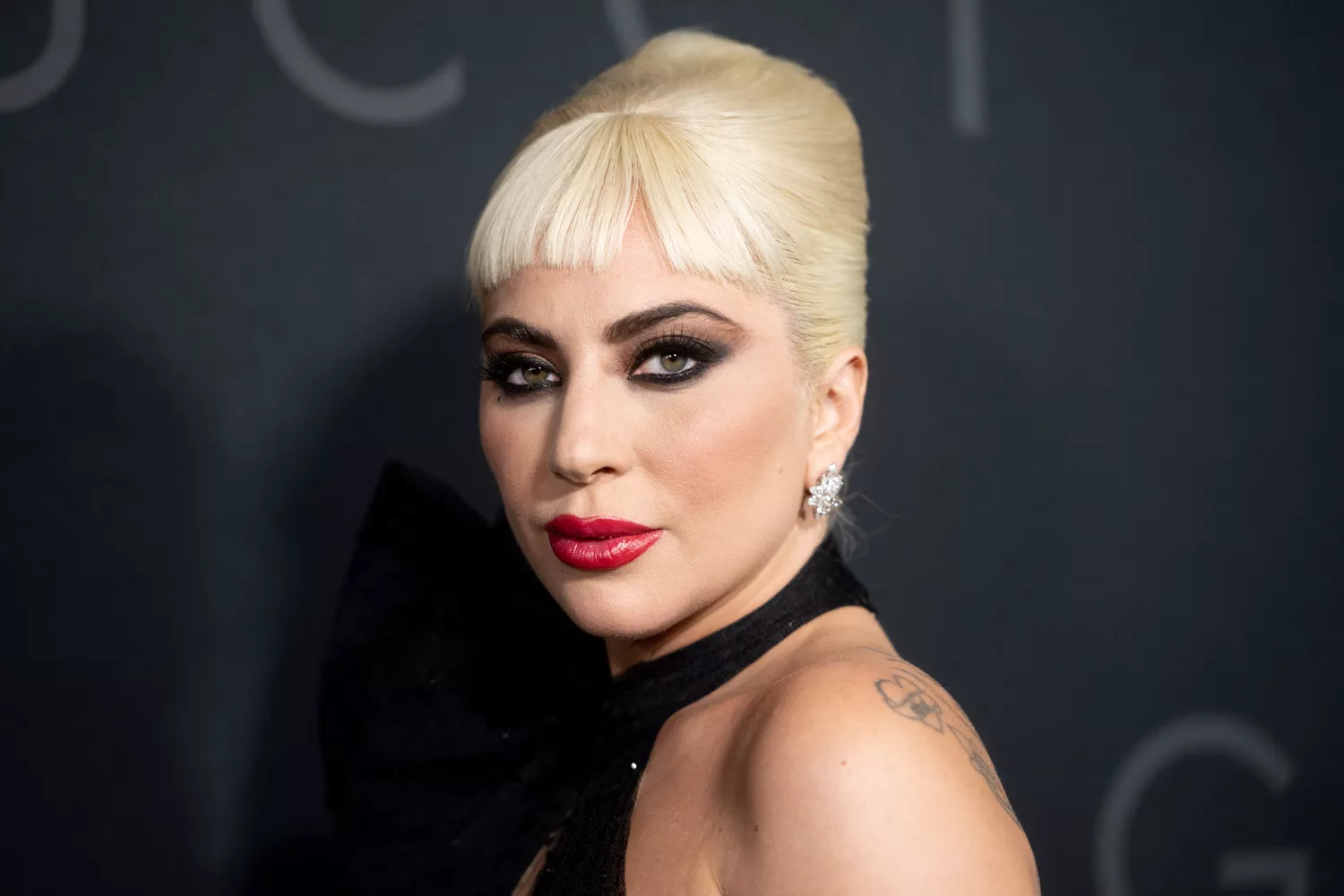In the realm of television, certain shows transcend entertainment to offer profound insights into the intricacies of human relationships. “Modern Family” stands as a prime example, captivating audiences with its humor and heart while delving into a tapestry of themes that mirror the complexities of contemporary life. In this article, we embark on an exploration of the essence of “Modern Family,” unraveling its core narrative and its widespread acclaim.
Introduction: A Multi-Generational Snapshot
The opening sequences of “Modern Family” paint a vivid picture of its innovative approach to storytelling. With its mockumentary style, the show provides viewers with a front-row seat to the lives of three interconnected families. The Dunphys, Pritchetts, and Tucker-Pritchetts offer diverse perspectives that collectively embody the modern dynamics of relationships in all their forms.
The Pinnacle of Diversity: Redefining Family
At its heart, “Modern Family” challenges traditional notions of what constitutes a family. The show’s ensemble cast features a range of family structures, from the nuclear to the blended and same-sex partnerships. The characters’ interactions and challenges underscore the evolving nature of family bonds, echoing the real-world shift toward more inclusive definitions of kinship.
The diversity within the families mirrors the evolving societal landscape, fostering relatability for a broad audience. The show artfully navigates topics such as adoption, step-parenting, and LGBTQ+ relationships, inviting viewers to explore the universal themes of love, acceptance, and shared experiences.
Laughter Amidst Chaos: Humor as a Unifying Thread
“Modern Family” is renowned for its lighthearted yet poignant humor that arises from the characters’ idiosyncrasies and interactions. The show employs situational comedy to illuminate the challenges and absurdities of everyday life. From awkward parenting moments to cultural clashes, the humor provides a relatable lens through which audiences can reflect on their own experiences.
The witty one-liners and comedic mishaps serve as a reminder that even in the face of chaos, shared laughter can forge connections and mitigate tension. This comedic element acts as a unifying thread that binds the characters and the audience, reinforcing the idea that humor can be a powerful coping mechanism and source of unity in familial relationships.
Navigating Generational Shifts: Parenting and Parenthood
One of the central dynamics in “Modern Family” revolves around the contrasting parenting styles of the older and younger generations. The patriarch, Jay Pritchett, represents the traditional “tough love” approach, while his son-in-law, Phil Dunphy, embraces a more open-minded and nurturing approach. This generational divide gives rise to both humor and touching moments as the characters navigate the challenges of raising children in an ever-changing world.
The show adeptly explores the transformative journey of parenthood, from the comedic dilemmas of raising young children to the emotional rollercoaster of watching them grow and venture into adulthood. Through these storylines, “Modern Family” resonates with viewers of all ages, shedding light on the evolving roles and expectations of parents and the enduring bond between generations.
Love in All Forms: Romantic Relationships
Romantic relationships form another cornerstone of the show’s narrative, with each family unit experiencing its own unique dynamics. The Dunphys’ quirky yet enduring love, Jay and Gloria’s intercultural romance, and Mitchell and Cameron’s same-sex partnership all offer insights into the complexities of love and commitment.
The portrayal of romantic relationships highlights the challenges and rewards of sustaining long-term connections. From moments of doubt and misunderstanding to heartfelt gestures of affection, the characters’ experiences mirror the diverse range of emotions that accompany love in its many forms.
Cultural Clashes and Identity: Globalization’s Impact
In a world marked by globalization and cultural intermingling, “Modern Family” addresses the clashes that arise from different cultural backgrounds and ideologies. Jay’s marriage to Gloria, a Colombian woman, serves as a focal point for cultural misunderstandings and comedic situations. The show’s exploration of cultural identity raises questions about assimilation, acceptance, and the preservation of one’s heritage.
The characters’ diverse backgrounds and interactions echo the real-world experiences of many families navigating the complexities of globalization. These themes of cultural clashes and adaptation reflect the multifaceted nature of contemporary relationships in an increasingly interconnected world.
Conclusion: A Reflection of the Human Experience
In conclusion, “Modern Family” has carved a lasting legacy in television history by transcending its comedic roots to provide a profound reflection of the human experience. Through its exploration of diverse family structures, generational shifts, love, and cultural clashes, the show brings to light the beauty and challenges that shape our lives. By inviting audiences to laugh, empathize, and introspect, “Modern Family” stands as a timeless reminder that the intricacies of relationships define our shared journey through the modern landscape.


























